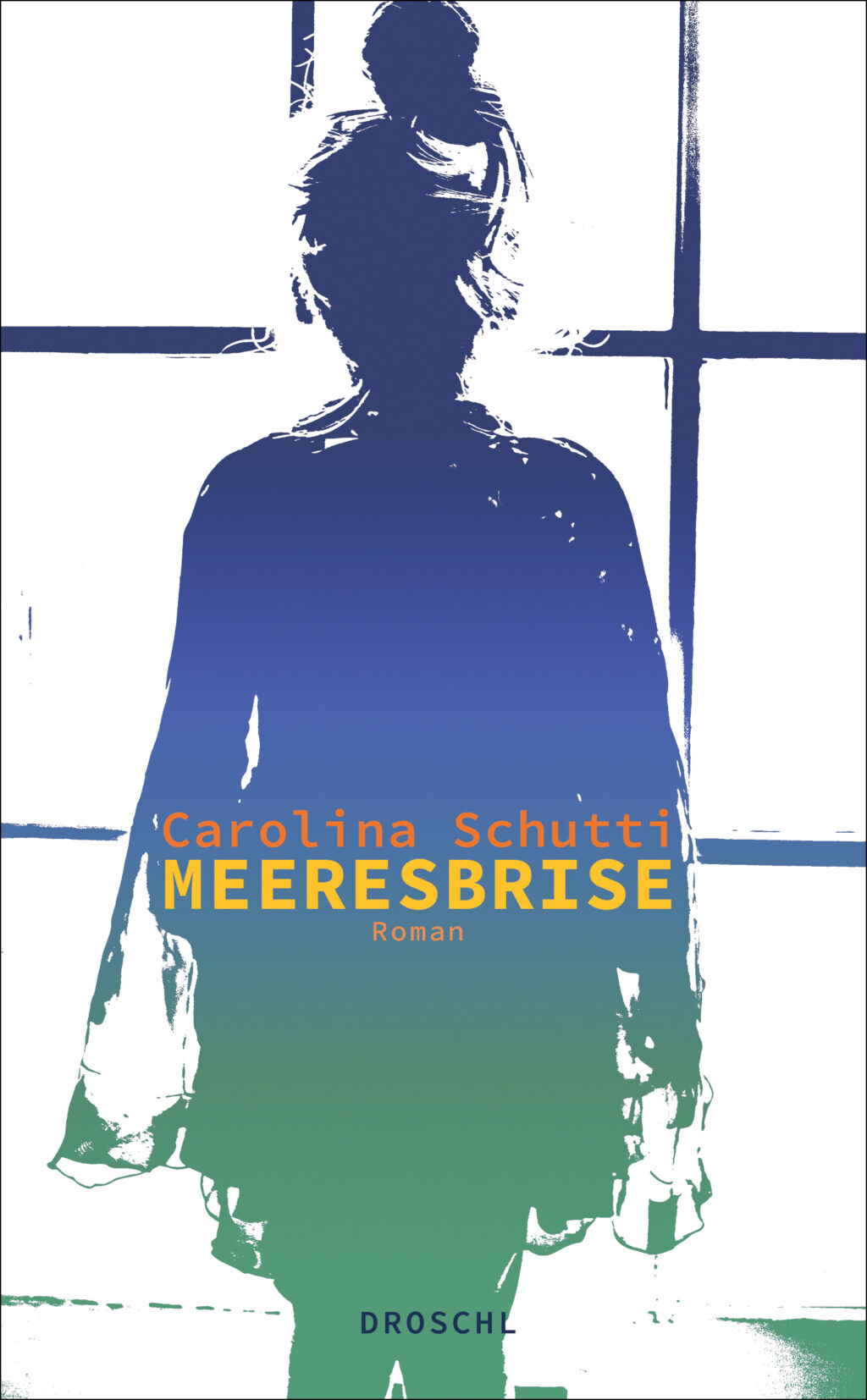review
The sixth novel by Austrian author and poet Carolina Schutti, Meeresbrise is a work of spare, impressionist literary fiction about two sisters growing up in an Austrian village in the 1980s. Social commentary, childhood trauma and mother–daughter relationships all feed into this slim but memorable novel.
Meeresbrise is narrated by the elder of two sisters whose ages are never explicitly given – only details like their dress sizes help to inform the reader. They live in a small village with their mother, a woman who stands out thanks to her fashionable clothes and proud bearing. Short narrative snippets gradually reveal a picture of what lies beneath this glamorous surface: the girls’ (different) fathers are dead and their mother on welfare; she supplements their income through phone sex work and by selling second-hand goods. She often vanishes for long periods, leaving the girls locked in the apartment, but when a social worker visits she puts on a great show to ensure they will not be taken away.
As the girls grow up, the narrator begins to realise that perhaps their lives are not as ‘normal’ as some of the other children’s. At times she finds their flower-filled village beautiful, but she feels increasingly resentful of the way she and her family are laughed at by the community. A sympathetic teacher attempts to take her under her wing and lend her books, and she manages to make one friend at school. But she is also involved in episodes of vicious bullying. At home, her mother becomes increasingly volatile and the narrator falls out with her beloved sister.
Finally, the narrator does the unthinkable: she packs a bag, gets on a bus and leaves the village for good. She has realised there is more to the world than her narrow home and wants to see the sea in particular, having always loved a brand of soap named ‘Meeresbrise’ that, to her, represents freedom.
With its striking fragmented structure and sparing yet beautiful use of language, Meeresbrise is a haunting novel about undisclosed trauma, social marginalisation, coming of age in a rural community and how we establish a life for ourselves. Schutti’s sensitive way with words and keen eye for detail make this high-quality literary fiction with a captivatingly poetic touch.




All recommendations from Spring 2023